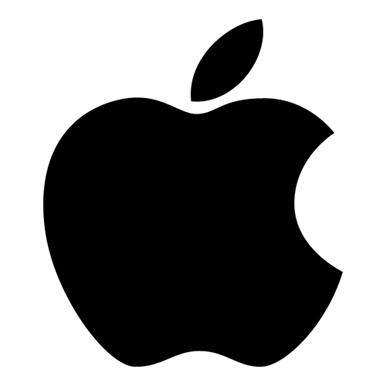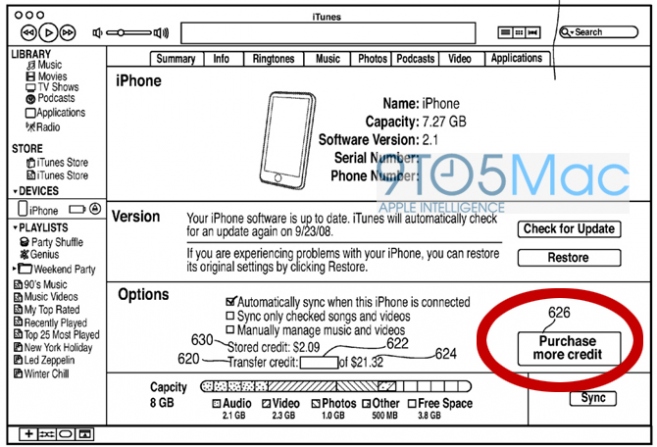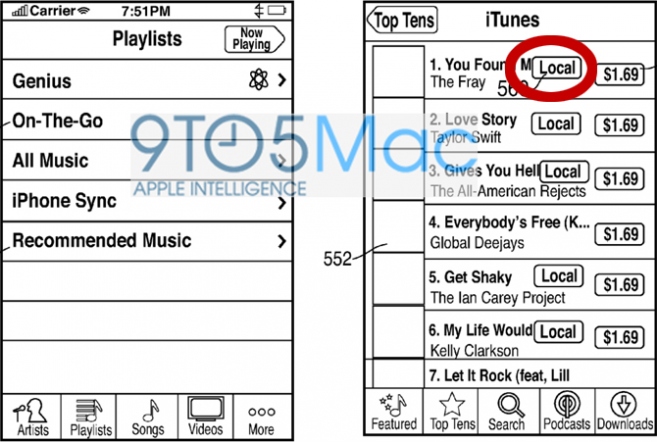It’s Apple patent time again, while watching the inventions and innovation coming out of Cupertino often proving to be a bit baffling – and almost impossible – job in itself.

The latest jewel to escape the US Patent Office’s metaphorical crown, relates to the offline storage of a payment method which, it is claimed, could be used to purchase content while not connected to the internet.

Currently, when we choose to buy something via iTunes, the App Store, or any other kind of online store for that matter, the transaction is handled by a third party, over the magic of the internet.

Apple’s patent would allow ‘credits’ to be stored on a local device, which would work perfectly with Apple’s current iTunes gift card model.
The idea then, would be that the credits would be synced with Apple’s servers once the iDevice is back online, via either 3G or a WiFi connection.
When a user later wishes to play back one of the media items, but the device cannot connect to a communications network to provide payment information for purchasing the media items, the electronic device can use pre-paid credits that were purchased and stored by the device when a communications network was available to complete the purchase.
Now, those following along will see one glaring problem with this plan: if a device is offline when trying to purchase content, how exactly is said content supposed to get onto that same device? Magic?
Well, yes, as it happens. Or at least, Apple’s own brand of magic.
Apple’s patent proposes a kind of caching system, whereby content is stored locally, but locked in order to prevent use.
The suggestion here is that, for example, the top 10 singles in iTunes could be cached to an iPod touch overnight, via Wi-Fi. Once there, they lay dormant until the users decides they want to buy one. Using the credits mentioned above, the track is unlocked and away they go.
Now, obviously that’s over-simplifying the situation, but we’re sure you get the drift.
The recommended items can be selected based on any suitable criteria, including for example the media items of the user’s library, recently played back media items, media item rankings, recently purchased or added media items, a preference profile defined by the user, or combinations of these. In some embodiments, the recommended media items can be selected based on playback or sale information provided by other users (e.g., the top selling media items in the media store, or the recently purchased media items by users in a local network).
The top 10 apps, movie rentals and more could also get the caching treatment, too.
As great as that all sounds, we can see storage becoming a problem pretty quickly due to increasing app sizes, unless Apple intends to make storage on the next iPhone and iPod touch hardware much more plentiful. Doing that and keeping the prices down though, isn’t an easy feat.
(Source 9to5Mac)
You can follow us on Twitter or join our Facebook fanpage to keep yourself updated on all the latest from Microsoft, Google and Apple.

